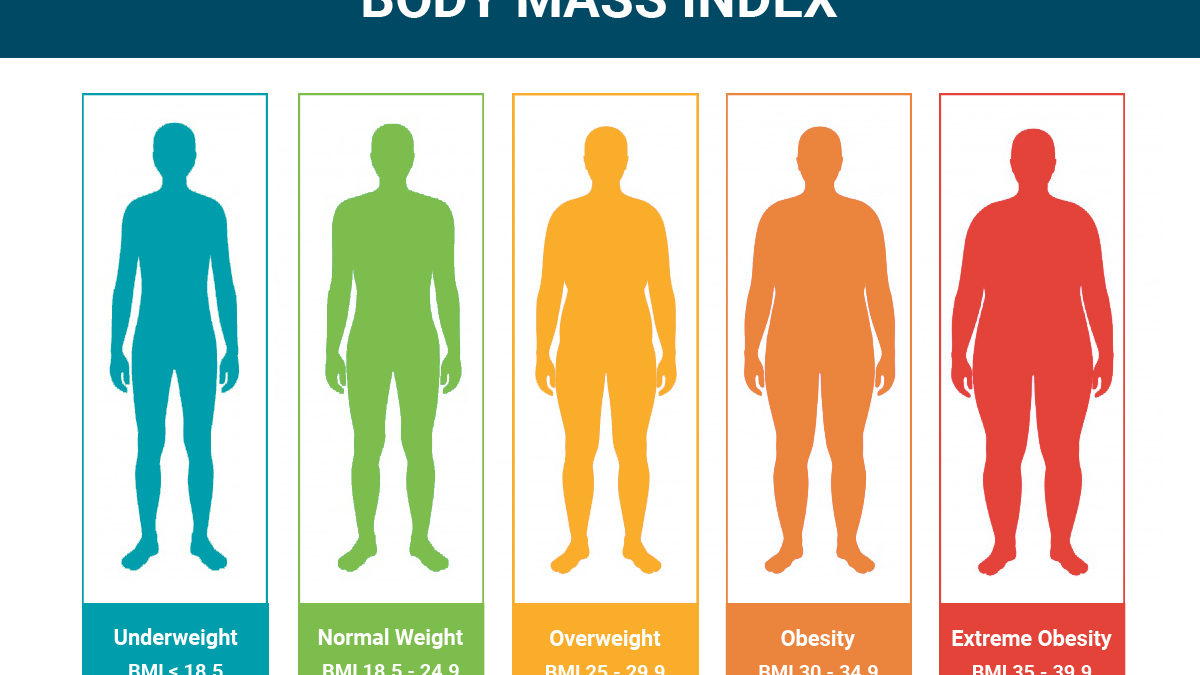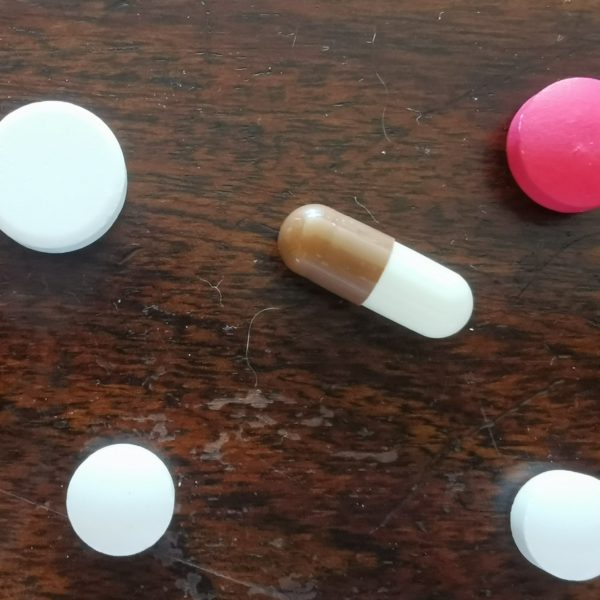
Malnutrition isn’t just something that happens in faraway places or during times of crisis—it can happen quietly and subtly, even in modern households and healthcare settings. Whether due to illness, age, limited access to nutritious food, or simply not eating enough of the right things, malnutrition can affect anyone. Knowing the signs and acting early can make all the difference in improving overall health and wellbeing.
What is Malnutrition?
Malnutrition refers to a condition where the body doesn’t get the right amount of nutrients to function properly. This can mean undernutrition (not getting enough calories, protein, or micronutrients) or, less commonly, overnutrition (consuming too much of certain nutrients without balance). While overnutrition may seem more visible, undernutrition can often go unnoticed until it causes serious complications.
Common Causes of Malnutrition
- Chronic illness: Conditions such as cancer, dementia, or gastrointestinal disorders can affect appetite and nutrient absorption.
- Ageing: Older adults may experience decreased appetite, mobility issues, or difficulty preparing meals.
- Mental health: Depression, anxiety, or eating disorders can lead to poor nutritional intake.
- Socioeconomic factors: Limited access to healthy food, especially for those living alone or on a tight budget.
Early Signs of Malnutrition to Watch For
Identifying the warning signs early can help prevent more serious consequences. Here are key symptoms to look out for:
In Yourself:
- Unintended weight loss: Losing weight without trying is often one of the earliest and most telling signs.
- Fatigue and low energy: Feeling constantly tired or weak, even after adequate rest, may indicate a nutrient deficiency.
- Loss of appetite: A reduced desire to eat or early satiety (feeling full quickly) can lead to inadequate nutrient intake.
- Changes in skin, hair, or nails: Dry or thinning hair, brittle nails, or pale and dry skin may point to vitamin deficiencies.
- Frequent illness or slow healing: A compromised immune system due to malnutrition can make you more susceptible to infections and slow recovery.
In Others:
- Noticeable weight changes: Look for clothes fitting more loosely, or visible weight loss in the face or limbs.
- Behavioural changes: Confusion, irritability, or withdrawal from social interactions can sometimes be linked to poor nutrition.
- Muscle weakness or poor coordination: Struggling with everyday tasks or frequent falls may be due to reduced muscle mass.
- Oral health issues: Swollen gums, mouth sores, or difficulty swallowing may make eating uncomfortable and limit food intake.
What to Do If You Suspect Malnutrition
If you notice any of the above signs in yourself or someone close to you, it’s important not to ignore them. Here are some steps you can take:
- Consult a health professional: A GP or dietitian can assess nutritional status through physical exams, blood tests, and dietary assessments.
- Track eating habits: Keeping a food diary can help identify patterns or gaps in nutrition.
- Address underlying causes: Whether it’s difficulty preparing meals, loss of appetite, or a medical condition, resolving the root issue is key.
- Introduce nutrient-dense foods: Choose meals and snacks that are rich in protein, healthy fats, vitamins, and minerals.
- Consider food solutions designed for recovery and nourishment: Products such as The Pure Food’s solutions are specially developed to support those with dietary challenges, offering easy-to-eat, high-protein, and nutrient-rich options tailored to individual health needs.
Supporting Loved Ones
Sometimes, those at risk of malnutrition—especially the elderly or those with dementia—may not recognise the issue themselves. If you’re caring for someone, watch for signs with empathy, and create a supportive environment around food. Share meals together when possible, ensure easy access to healthy options, and encourage small but regular eating patterns.
Malnutrition can be invisible at first, but its impact can be profound
By understanding the signs and taking simple, proactive steps, you can protect your health and the wellbeing of those around you. Whether you’re facing a short-term challenge or a long-term condition, staying nourished is foundational to quality of life. And remember—help is available, whether from healthcare professionals or ready-to-eat, fortified food options designed for recovery and strength.








